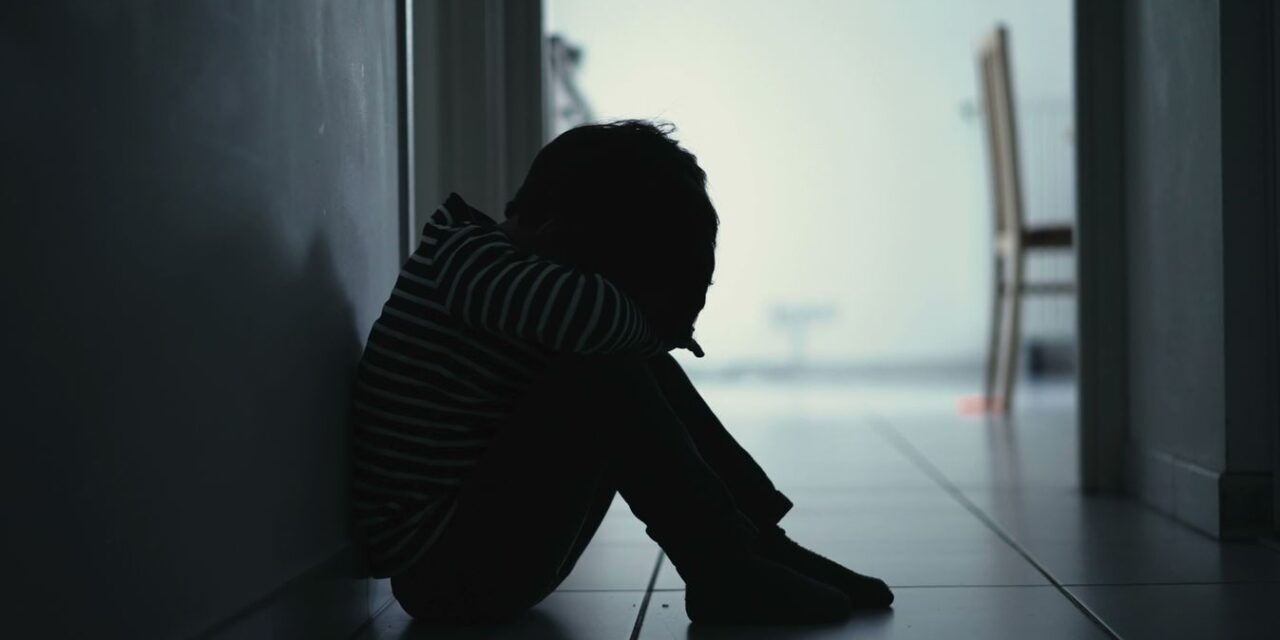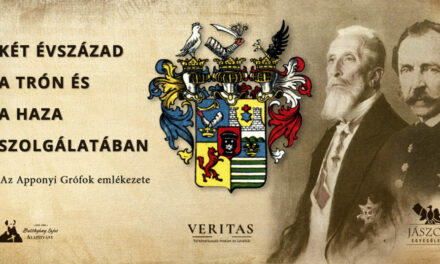The pedophile lobby - be they high-ranking civil servants, governments, social media opinion leaders (influencers) or international financiers - is insidiously moving towards the legalization of pedophilia and child pornography.
"I want to ask again, whose rights are we protecting, the criminals or the victims?"
On August 9, the UN made an extremely worrying decision that paved the way for the legalization of child pornography. This decision could facilitate the trafficking of minors and the sexual harassment and rape of minors on a global scale.
Despite the pride of Ghada Waly, Executive Director of UNODC, the UN agency that also deals with cybercrime, the international community has adopted a very insidious and dangerous approach. Western delegations, especially the United States and European countries, including the European Union, supported the inclusion of serious exceptions in the text of the treaty.
These exceptions provide that material that does not involve a "real-life child" or that is independently generated by artificial intelligence or created as part of a "consensual relationship" and retained for "private use" is not subject to mandatory prosecution. This change challenges the current blanket ban established by the "UN Convention on the Rights of the Child".
This is an alarming development, especially given that Europe has long been a global center for online child pornography. What is the response to this potentially disastrous international opening to child pornography and child sexual abuse?
The exceptions contained in Article 14 of the treaty are defined in paragraphs (3) and (4), and paragraph (5) concludes: "This convention does not affect international obligations that continue to contribute to the realization of the rights of the child." This wording is an "arrogant and shameless lie" that betrays the principles of the protection of minors.
The Austrian delegate, who represented the entire EU, openly supported the idea that "children over the age of 14 have the right to have sexual relations and the right to choose to have sexual relations with adults" . He added that children "can take and share pictures during sexual intercourse" without it being considered a crime.
This position was supported by Germany, which recently relaxed its rules on the possession and production of child pornography. The full and unrestricted legalization of "sexting" (the exchange of sexually explicit messages, audio recordings, images or videos) is also a cause for concern.
But where are the campaigners fighting against violence against women and children? Why is the Catholic Church, known for its zero tolerance policy, silent? Are Western journalists, usually sensitive to the suffering of children affected by conflict and migration, dumbfounded?
The delegations of Iran and the Democratic Republic of the Congo called for the cancellation of these exceptions, warning that they could harm children and facilitate the spread of child trafficking and perverse sexual practices. Fifty-one countries supported these objections, yet the exceptions remained as ninety-one countries, led by the United States and the European Union, voted to retain them.
Some delegations remained dissenting, such as Nicaragua, Niger, Djibouti, Pakistan, Papua New Guinea, Iraq, Guatemala, Mali, Tanzania, Venezuela, Thailand, Syria, Burkina Faso, Paraguay, Senegal, Morocco, Sudan, Uganda, Kenya and Zimbabwe. A joint statement submitted by the Syrian delegate on behalf of 22 countries, including Russia and China, condemned these exceptions as threatening the convention's objective of protecting minors. "I would like to ask again, whose rights are we protecting, the rights of the criminals or the rights of the victims?" said the Russian delegate, who was also supported by China.
The General Assembly is expected to officially accept the contract by the end of the year and open it for signature. According to Article 65 of the text, the convention "enters into force on the ninetieth day after the date of deposit of the fortieth instrument of ratification, acceptance, approval or accession".
It is important to remind that the Western delegations, led by the United States, the European Union and the United Kingdom, already last September tried to use the term "materials depicting the sexual exploitation of minors" instead of the term "child pornography".
The pedophile lobby - be they high-ranking civil servants, governments, social media opinion leaders (influencers) or international financiers - is insidiously moving towards the legalization of pedophilia and child pornography. We cannot remain silent in the face of this growing threat.
Translated by Dr. Fedineczné Katalin Vittay
Source: Tribune Chrétienne / Pilgrim
Featured Image: Pexels.com













